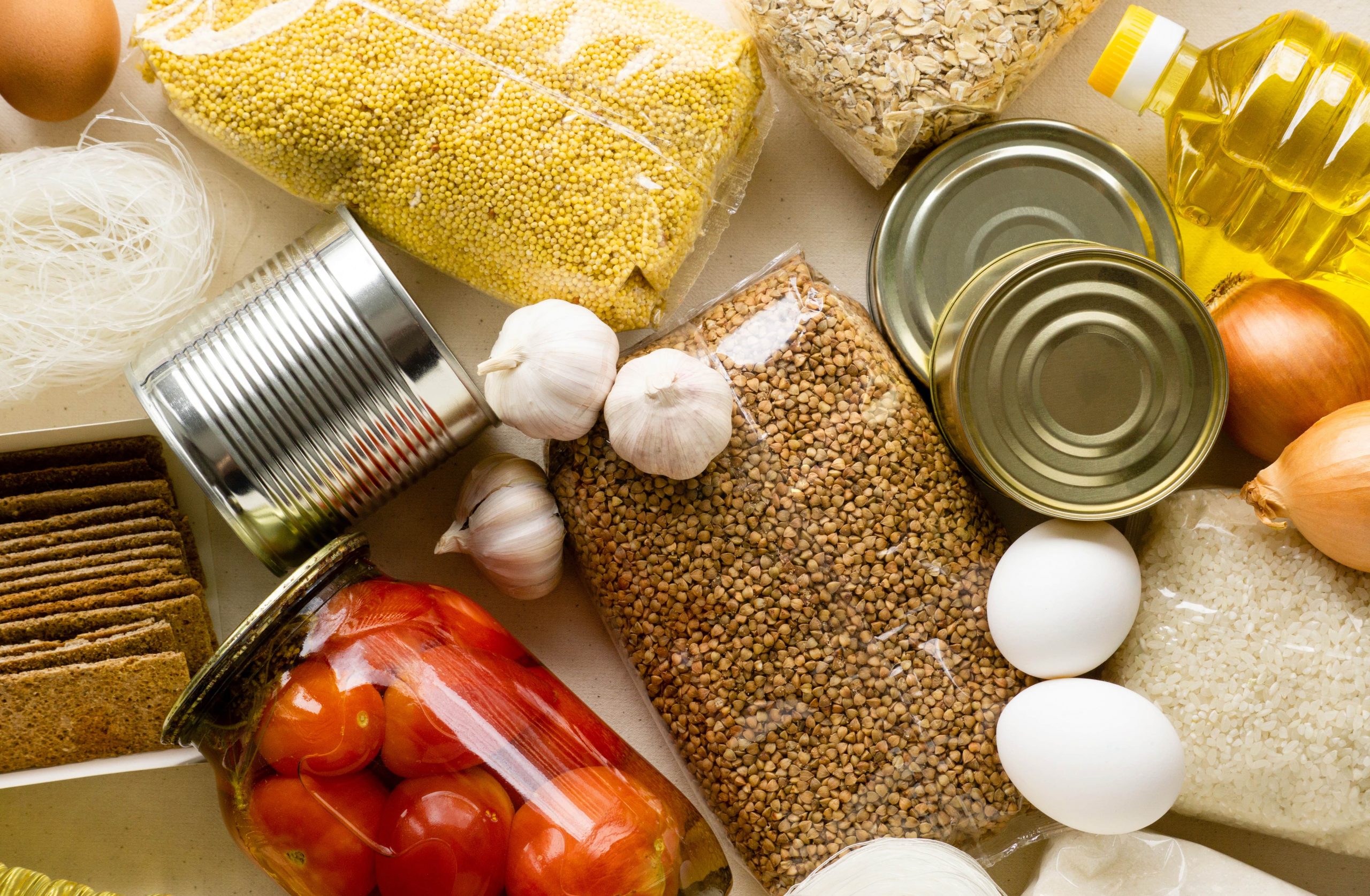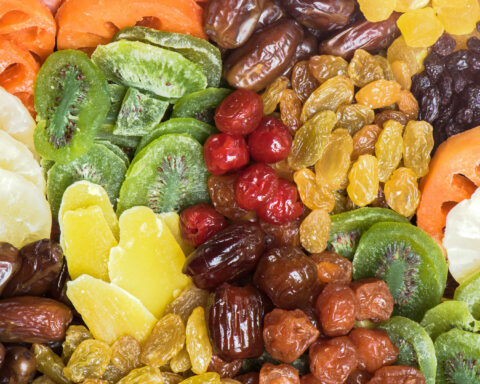Non-perishable foods are those foods that do not necessarily require refrigeration to keep them fresh. They usually have an extended shelf life.
Non-perishable foods can stand for long when stored at room temperature, like in a cabinet or pantry. They normally come in handy for those who love camping or carry food on a backpacks. Besides being useful in the kitchen, non-perishable foods are largely favored and are important in emergencies, which is why charitable organizations use them to help homeless people. You can always never go wrong by purchasing and stocking a few of these foods in your kitchen. Available nutritious non-perishable foods are few and this article will help see most of them.
1. Nut Butters
Nut butter comes in a creamy form loaded with lots of nutrients and is delicious. When you store nut butter in unfavorable temperature conditions, you reduce its shelf life. However, according to the database in the United States Department of Agriculture (USDA), commercial peanut butter has a shelf life of up to 9 months when stored at room temperature. Natural peanut butter free of preservatives can go up to 90 days at a temperature of 10°C while at 25°C it can last for only 30 days. According to the USDA, some nut butter such as almond butter can last on the shelf for up to 12 months at room temperature whereas cashew butter, can go up to 90 days under the same temperature.
Nut butter is a good addition to your diet because they are loaded with proteins and healthy fats. Various types of nut butters also contain powerful plant compounds, phenolic antioxidants being one of them. Antioxidants have the potential to protect the body from oxidative stress and cellular damage which are caused by free radicals.
2. Dried Fruits and Vegetables
We all agree that most fresh fruits and vegetables usually have a shorter life span. However, when they are dried, they are considered non-perishable.According to the National Raisin and USDA, most the dried fruits can last up to 1 year when stored at room temperatures while dried vegetables can last for 6 months.At the market dried available dried fruits can include apples, carrots, tomatoes, and berries. You can also make them at home on your own using an oven or dehydrator. As a way of preventing them from spoiling, you can sell them on vacuum packaging.
3. Dried and Canned Beans
Dried and canned beans are some of the best non-perishable foods you certainly want to stock. They are in fact highly loaded with beneficial nutrients. According to USDA, canned beans have a longer shelf life than many most non-perishable foods with a span of up 2 to 5 years when stored at room temperature. Dried beans on the other hand have the longest shelf life and can be kept at room temperature for up to 10 years. These durations can be affected by packaging.In fact, according to one published study, pinto beans were found to last up to 30 years and were said to be edible by 80% of people who received it as relief food.Beans pack proteins, fiber, vitamins, and minerals such as B vitamins, magnesium, iron, zinc, manganese, copper, and phosphorus.
4. Canned Fish and Poultry
Fish and poultry are delicious and nutritious but unfortunately, they are highly perishable foods. However, according to USDA, canned fish and poultry can store longer without refrigeration, even up to 5 years at room temperature.Tuna, chicken, and most products of seafood are sold as retort pouches. And according to USDA, retort pouches can be kept at room temperature for up to 18 months.
5. Grains
Grains are also the best choice for non-perishable foods. Whole grains such as barley, wheat, oats, and rice have a long shelf life. A good example is that of brown rice, which according to USDA, can be stored between 10°C and 21°C for up to 3 months while faro can be kept at room temperature for up to 6 months.Consuming whole grains provides several essential nutrients, including fiber. They are also associated with a reduced risk of certain types of cancer, heart disease, and diabetes type 2.
6. Soup
When you are stocking your pantry, never forget to include dries and canned soup. Besides being handy for backpackers and campers, canned and dried soups are usually favored by charitable organizations.Most varieties of canned soup can be kept at room temperature for up to 5 years because they have low acid content. However, tomato-based soup varieties have a reduced shelf life of 18 months only according to USDA.It is worth checking the expiry date on their labels as most varieties of dried soups should last for up to 12 months.
7. Jerky
Jerky is simply dehydrated meat that has been cured in a salt solution. This practice of meat preservation dates back to time immemorial when protein foods were kept from spoiling using this method. In modern times, various additives, preservatives, and flavorings can be added to meat during this process.Common types of available jerky include buffalo, salmon, beef, and chicken. Nevertheless, bananas, jackfruit, and coconut are some of the plant-based jerkies that you can find in the market.According to the USDA, commercial jerky can last up to 12 months, however, homemade jerky is not to exceed 60 days when stored at room temperature.
8. Nondairy Milk and Shelf-Stable
According to the National Center for Biotechnology Information, shelf-stable milk is made by heating milk to a higher temperature and then packing it in a sterile container. It is also referred to as aseptic milk. Together with nondairy milk, they are particularly made to be kept at room temperature.One published study found that shelf-stable milk can be kept between 4°C and 20°C for up to 9 months. Soy milk when properly packed in aluminum can last up to 10 months at room temperature. Canned coconut milk can be kept at room temperature for up to 5 years.
Conclusion
Including non-perishable foods in your pantry is a real save for time and resources. They don’t require refrigeration. Some of them like homemade jerky can last for a minimum of 2 months while some like pinto beans can go up to 30 years, at room temperature.
- How Long Should You Bake a Boneless Chicken Breast? - April 19, 2024
- How HØJ Became the New High - June 10, 2023
- “Sahyog-Care for You”: Empowering Communities and Creating Lasting Change - June 10, 2023









